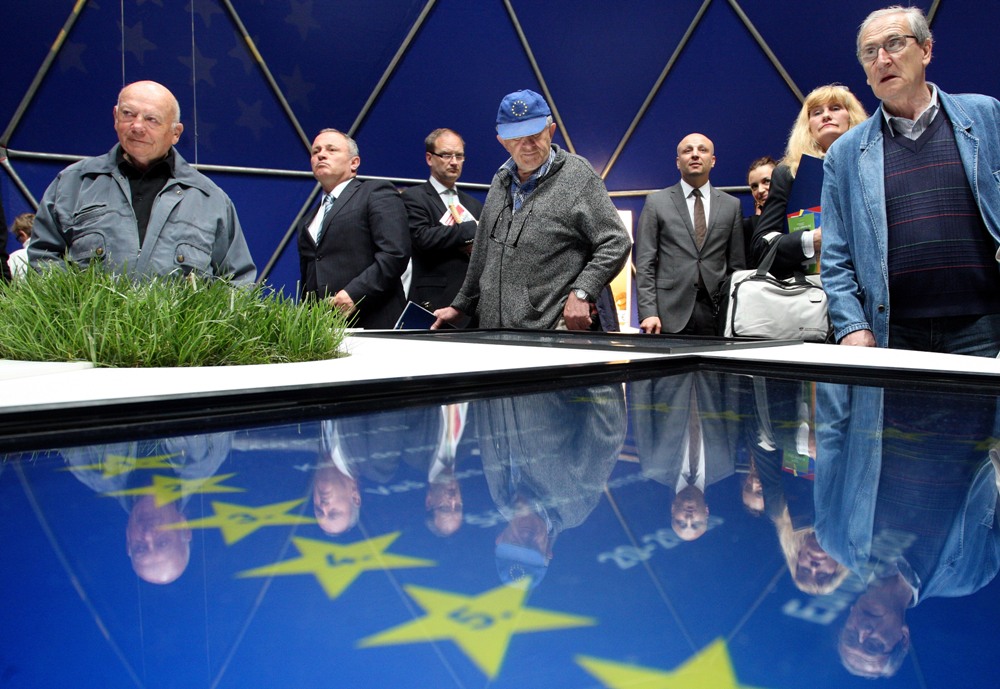As of July 1, Croatia will participate in the cohesion policy through which the European Union ensures money for less developed regions and member countries, having at its disposal millions of euros from funds aimed at reducing economic and social differences as well as at strengthening the European economy.
Europe’s solidarity policy is implemented through structural funds and the Cohesion Fund, which Croatia will be able to use as of next week. This will provide a big opportunity to develop the country because support from the European Social Fund and the European Regional Development Fund is financially much greater than the pre-accession assistance available until now. In terms of funds, the cohesion policy is the second most significant EU policy after the Common Agricultural Policy.
Since the struggle against poverty and social exclusion in the 2014-20 period is one of the EU’s priorities, this will result in greater funds for projects for unemployed citizens, welfare beneficiaries, disabled persons, young people, national minorities, elderly or infirm persons.
The definition of disability and allocation of rights is expected to change in Croatia upon EU accession as well. The Social Policy and Youth Ministry is drawing up an inclusive allowance law expected to go into force in early 2014. Disabled civilians will have to undergo new expert examinations before a national body that will be set up as an independent institution upon EU accession. This law will not apply to disabled war veterans.
The inclusive allowance would be a new material right replacing four current rights, and it will be determined for each person based on the help they need in everyday life.
EU council agrees funds for Croatia for first six months of membership
Finance ministers on Thursday morning adopted amendments to the European Union’s budget for this year to provide the EU budget 2013 with the necessary resources for the accession of Croatia to the European Union on 1 July. As a result, the budget will be increased by EUR 655 million designated for Croatia for the rest of this year.
“The Council agreed to increase the EU budget for 2013 by a total of EUR 655.1 million in commitments and EUR 374 million in payments in order to cover the pledges made at the accession conference of 30 June 2011,” according to a press release issued on the EU web site after the Council of Finance Ministers made this decision.
The amended budget should now be greenlit by the European Parliament. “With EUR 449.4 million in commitments and EUR 149.8 million in payments the bulk of the additional funds serves to reduce disparities in the level of development of Croatia’s regions with other areas of the EU through cohesion policy.”
